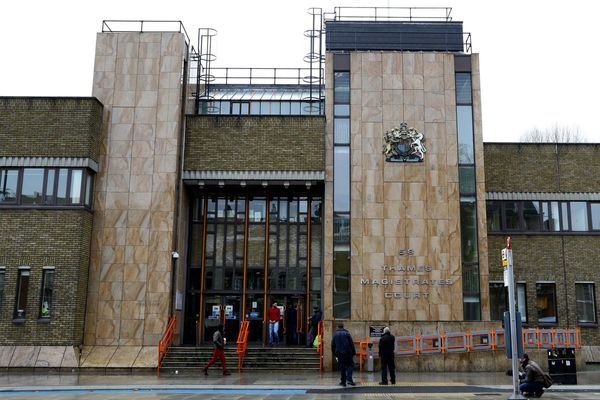Dice stock skyrocketed Tuesday after Eli Lilly pledged to buy the immunology-focused biotech company for $2.4 billion.
Dice Therapeutics is a decade-old company working on oral drugs for chronic diseases in immunology. Its experimental drugs block interleukin-17, an inflammatory cytokine tied to autoimmune conditions like psoriasis and arthritis. Dice's lead treatment is in midstage testing for moderate-to-severe plaque psoriasis.
Evercore ISI analyst Umer Raffat notes the deal timing is key for Eli Lilly. Lilly has an injectable IL-17 inhibitor called Taltz. Last year, Taltz brought in $2.48 billion in sales. Lilly recently discontinued its own oral IL-17 blocker and had a hole to fill in its pipeline.
"In fairness, Dice is very early and not derisked," he said in a report. "However, a $2.4 billion tuck-in is hard to question, especially when Lilly's competitors have been overpaying by billions on deals."
On today's stock market, Dice stock catapulted 37.2% to close at 46.44. Shares hit a record high. Lilly stock rose 1.% to 451.95.
A 40% Premium On Dice Stock
Under terms of the deal, Lilly will pay $48 per share of Dice stock. The price is a 40% premium to Dice stock's 30-day volume-weighted average trading price, SVB Securities analyst David Risinger said in a report. Both boards have already signed off on the deal, which is set to close in the third quarter.
Risinger says Lilly is a logical buyer given its experience with injectable Taltz and that Lilly's own oral medication was discontinued due to liver toxicity concerns. But it might have been better to wait for Johnson & Johnson to unveil the results of its oral psoriasis drug in July before pulling the trigger on Dice, he said.
Still, he kept his outperform rating on Lilly stock. He didn't list a rating on Dice stock.
Dice stock has a strong Relative Strength Rating of 95. This means it ranks in the top 5% of all stocks in terms of 12-month performance, according to IBD Digital.
Straight Out Of Lilly's Playbook
Evercore's Raffat, on the other hand, says this move is straight out of Lilly's playbook.
"Eli Lilly has been such a great growth story not just because GLP-1 (in diabetes and obesity treatment) is a massive category, but because it prevents large patent cliffs from happening via next-generation molecules in its existing portfolio and beyond," he said.
That's why Lilly has diabetes treatment Mounjaro after an older drug called Trulicity, and successors to Mounjaro are already in testing. The company also has next-generation Alzheimer's treatments on deck to follow its late-stage drug, donanemab.
"If you follow the logic above, it's easy to see why Lilly is paying $2.4 billion to buy Dice," he said.
Follow Allison Gatlin on Twitter at @IBD_AGatlin.







